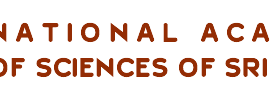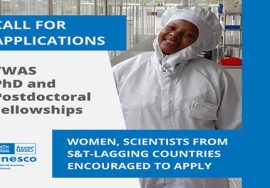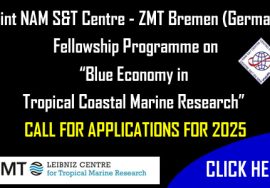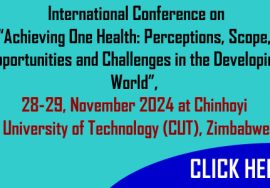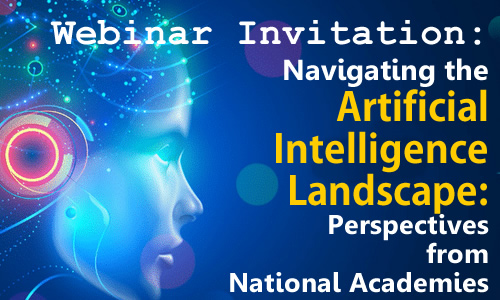
Navigating the Artificial Intelligence Landscape: Perspectives from National Academies.
As artificial intelligence (AI) technologies increasingly permeate every aspect of our lives—from healthcare and education to governance and industry—it is crucial for national academies of sciences, engineering, and medicine to both understand and actively shape the trajectory of AI development and utilisation. The rapid advancement of AI not only offers transformative potential but also brings significant challenges, including ethical concerns, privacy issues, and the need for robust regulatory frameworks. National academies are uniquely positioned to address these challenges due to their authoritative standing, multidisciplinary expertise, and commitment to scientific integrity. The InterAcademy Partnership (IAP) and The World Academy of Art and Science (WAAS) are organizing this webinar to explore AI activities around national academies, and perspectives on how academies could utilise their unique position to shape the development and application of AI in ways that are human-centric, prioritise ethical standards, and promote the broader application of science and technology for societal benefit. The event will be recorded and summarized on the IAP website.
Webinar Details:
· Registration: All participants are requested to Register Here.
· Date: Wednesday, 04 September 2024.
· Time: 12:00 noon – 13:30 PM UTC/GMT; 8:00 – 9:30 AM EST.
· Platform: Virtual on Zoom.
· Duration: 90 minutes.
Agenda and Speakers: A webinar concept note, including speakers and agenda, is being finalized and will be shared closer to the event. The webinar will feature a presentation on the current landscape of AI, a moderated panel discussion, and interactive sessions aligned with the topic.
We encourage you to share this information with your network for diverse participation. For any queries, please contact Moses Ogutu at mogutu@nas.edu (IAP) or Prof. Phoebe Koundouri at pkoundouri@aueb.gr (WAAS).
We look forward to your active participation in this critical conversation.
Best regards,
IAP Secretariat

